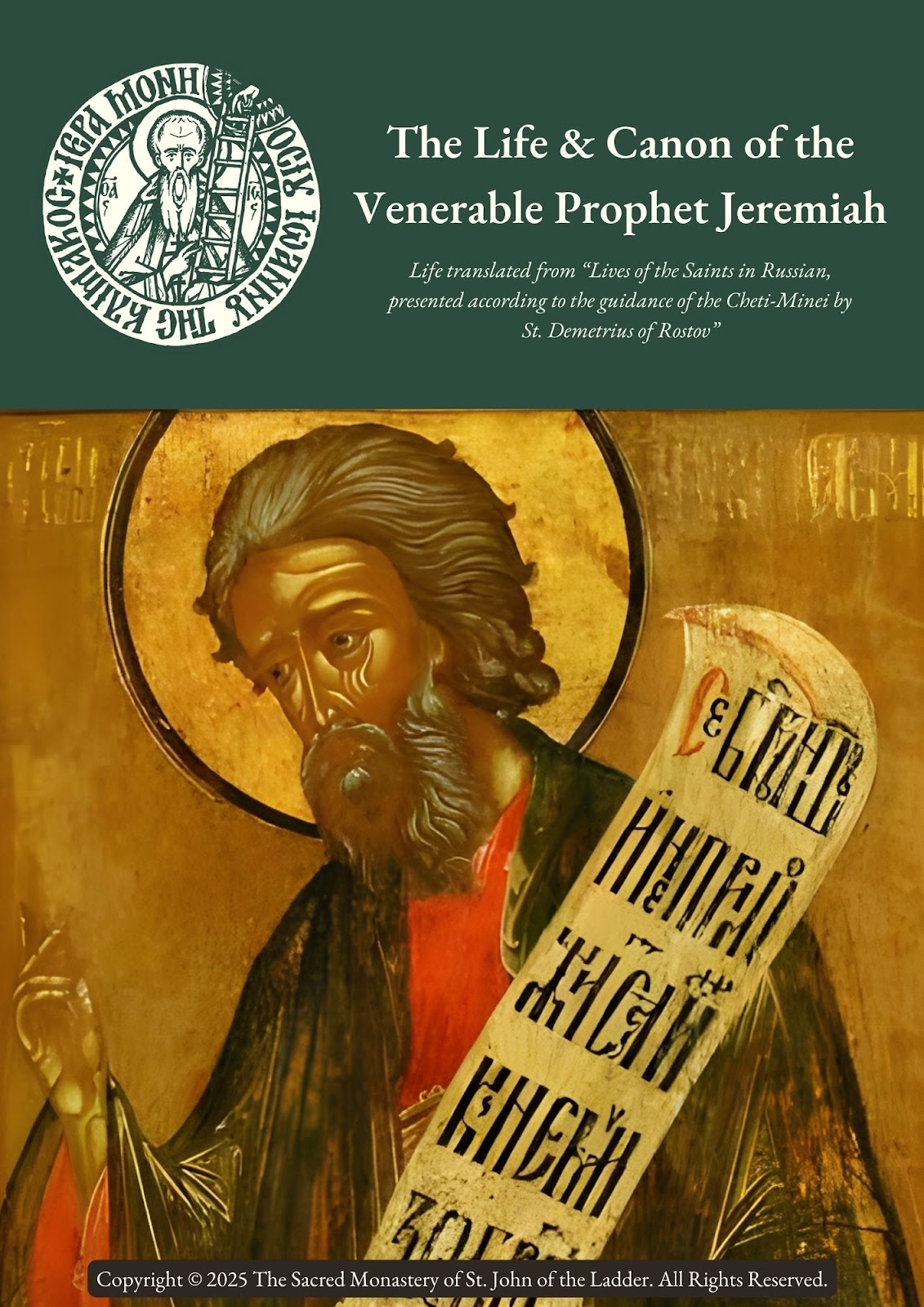Word of the Week: Canonisation

Word of the Week: Canonisation (of Saints) An Orthodox Patristic Understanding “God is wondrous in His saints” (Psalm 67:35 LXX) The term “canonisation,” commonly used in Western Christianity, especially in the Roman Catholic Church, to denote a formal, juridical act of declaring someone a saint, must be approached with great caution and nuance within the Orthodox tradition. The Orthodox Church neither understands nor practices “canonisation” in the legalistic or forensic manner that developed in the post-Scholastic West. Rather, she speaks of glorification (dóksa, δόξα) and recognition (anagnṓrisis, ἀναγνώρισις) of holiness already manifest among the faithful. This is not a process of making someone a saint, but of affirming through prayerful discernment and ecclesial consensus that someone has already become a saint by grace, by their union with Christ, and by the fruit of the Holy Spirit borne in their life and even after death. The Nature of Holiness and the...


